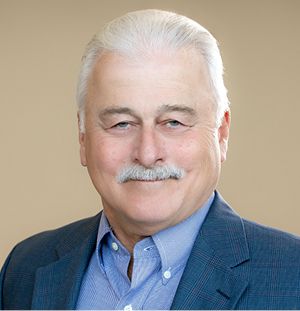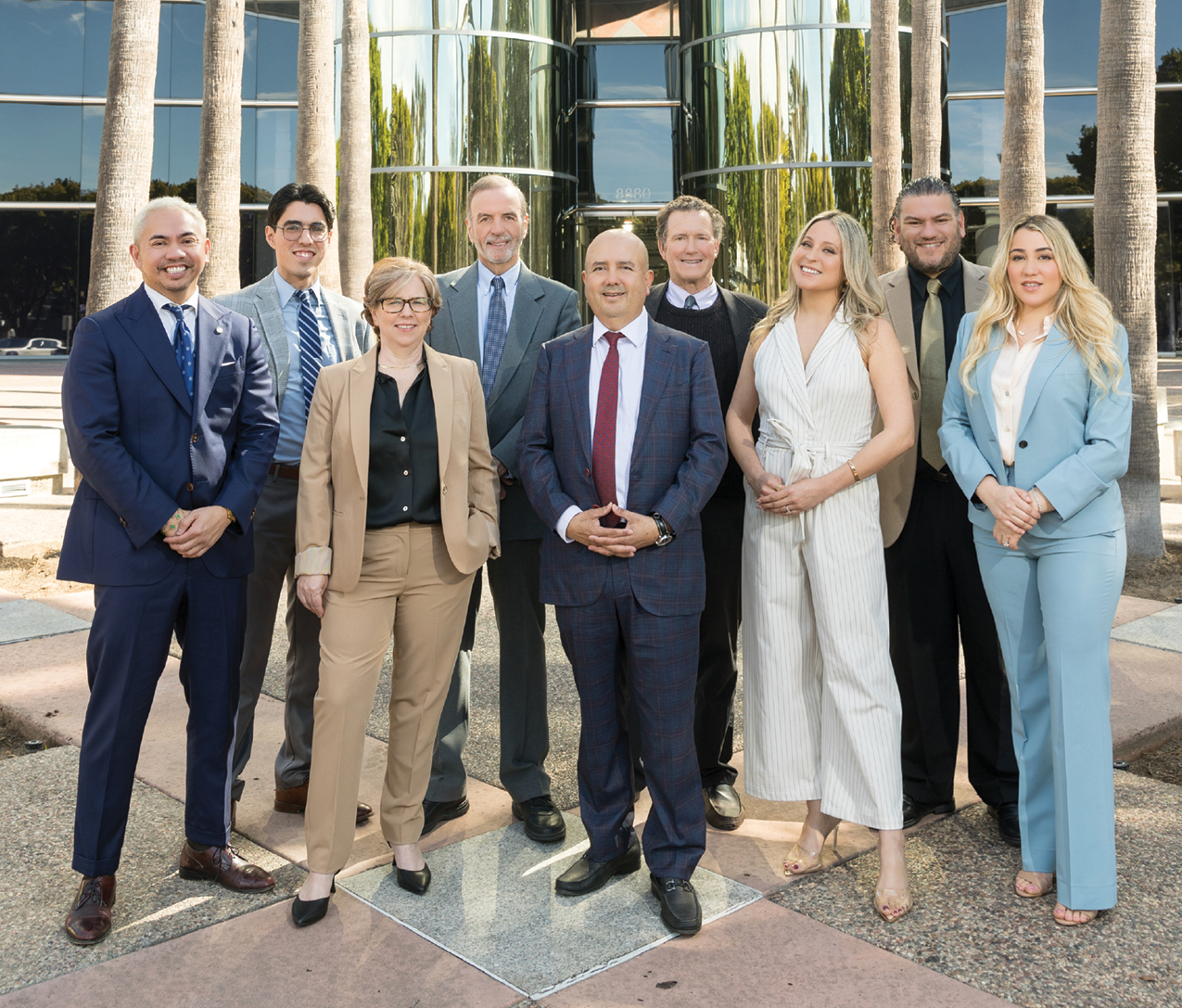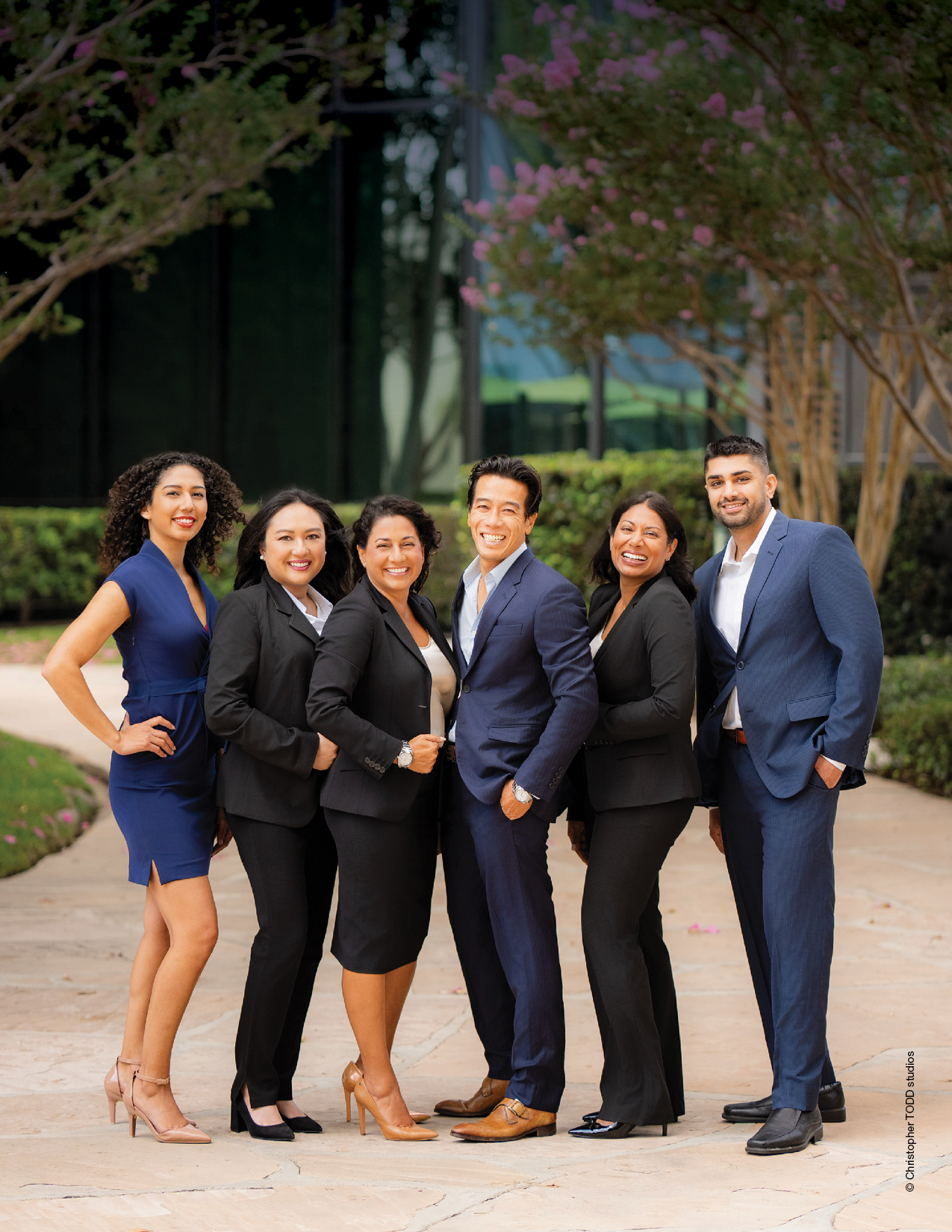These recent cases summarized by Monty A. McIntyre are from his publication California Case Summaries™. Monty prepares short summaries (one paragraph), organized by legal topic, of every new published California civil and family law case that California lawyers can subscribe to on either a monthly, quarterly or annual basis. Monty also offers specialized practice area annual summaries in the areas of Employment, Family Law, Real Property and Torts. For more information go to https://cacasesummaries.com. A California civil trial lawyer since 1980, a member of ABOTA since 1995, a past president of the SDCBA and San Diego ABOTA, and also an expert Zoom user, Monty serves as a mediator, arbitrator and referee with ADR Services, Inc. handling cases throughout California in the areas of business, elder abuse, employment/wage & hour, insurance bad faith, legal malpractice, medical malpractice, personal injury, real property and wrongful death. Website: adrservices.com/neutrals/mcintyre-monty/. To schedule a matter, contact Monty’s case manager Haward Cho, (619) 233-1323 or haward@adrservices.com.
California Case Summaries: New California Civil Cases
CALIFORNIA SUPREME COURT
Civil Procedure
California Capital Insurance Company v. Hoehn (2024) _Cal. 5th_, 2024 WL 4812045: The California Supreme Court overruled the rule in Rogers v. Silverman (1989) 216 Cal.App.3d 1114 (Rogers) and its progeny that Code of Civil Procedure section 437.5’s two-year time limit applies to Code of Civil Procedure section 473(d) motions to vacate a judgment that is void, stating that procedural hurdles that are unnecessary to the fair adjudication of default judgments should not stand in the way of the vindication of a defendant’s due process rights. In the underlying case plaintiff attempted to serve defendant in 2010 and allegedly obtained substituted service on defendant’s girlfriend. In 2011 plaintiff obtained a default judgment of $486,528 against defendant. In 2018 plaintiff assigned the default judgment rights, and in 2020 after the judgment creditor tried to garnish defendant’s wages. Defendant then filed his motion to set aside the default judgment which the trial court denied based upon Rogers, and the Court of Appeal affirmed. (November 18, 2024.)
North Am. Title Co. v. Superior Court (2024) _ Cal.5th _ , 2024 WL 4599235: The California Supreme Court reversed the decision of the Court of Appeal regarding disqualification of the trial judge. The Court of Appeal ruled that the nonwaiver provision set forth in Code of Civil Procedure section 170.3(b)(2) precluded waiver of a party’s right to seek judicial disqualification when the claim would otherwise be barred by the requirement in section 170.3(c)(1) that a claim for disqualification should be at the earliest practicable opportunity. The Supreme Court disagreed, concluding that the nonwaiver provision of section 170.3(b)(2) applies only in circumstances of judicial self-disqualification, where a judge has determined himself or herself to be disqualified and, absent an explicit waiver of disqualification by the parties, would recuse himself or herself from the proceedings. (§ 170.3(a)(1) & (b)(1).) The nonwaiver provision is inapplicable when a party seeks disqualification by filing a written verified statement of disqualification. (October 28, 2024.)
CALIFORNIA COURTS OF APPEAL
Attorney Fees
Ofek Rachel, Ltd., et al. v. Zion (2024) _ Cal.App.5th _ , 2024 WL 4849692: The Court of Appeal affirmed the trial court’s order awarding defendant Chaim Cohen (Cohen) to pay the judgment creditors $185,095.20 for their attorney fees and $8,964.71 in costs. Cohen was not involved in the original lawsuit leading up to the judgment. In a post-judgment debtor’s examination and other discovery, the judgment debtor admitted that his friend Cohen was paying all of the judgment debtor’s expenses, often with American Express credit cards in Cohen’s name. Cohen then became involved in post-judgment enforcement proceedings.
The Court of Appeal concluded that under Code of Civil Procedure section 1218(a), a trial court has authority to impose attorney fees against a person who violated a court order compelling discovery issued during the post-judgment enforcement proceedings—even though that person was not a party to the lawsuit giving rise to the judgment being enforced. (C.A. 2nd, November 21, 2024.)
Civil Procedure
Gorobets v. Jaguar Land Rover North America, LLC (2024) _ Cal.App.5th _ , 2024 WL 4456864: In this important new case dealing with CCP 998 offers, the Court of Appeal affirmed the trial court’s order holding that because defendant had sent one valid CCP 998 offer that plaintiff rejected, and plaintiff failed to get a more favorable result at trial, plaintiff’s costs and attorney fees were limited and defendant was awarded its post-offer costs. The twist in this case was that defendant made two simultaneous 998 offers that it labeled as “alternative offers.” After plaintiff leased a new 2016 Land Rover LR4 from defendant, he experienced numerous defects and nonconformities that defendant was unable to repair. Plaintiff sued defendant in a lemon law case under the Song-Beverly Consumer Warranty Act (Civ. Code, § 1790 et seq.) and alleged (1) breach of express warranty, (2) breach of implied warranty, and (3) breach of the duty to return the vehicle from service without defects within 30 days. Defendant sent two simultaneous 998 offers. One was a lump sum offer, offering to pay plaintiff $85,000.00 to return the vehicle with free and clear title. There was no dispute that this was a valid CCP 998 offer. The other offer was a category-based offer with a dispute resolution mechanism where defendant agreed to pay undisputed damages and allowed plaintiff to pick a dispute resolution process to resolve disputed damages. For both alternative offers defendant offered to pay plaintiff’s attorney fees and costs in either (1) a flat amount of $7,500 or (2) an amount to be determined by the court. The Court of Appeal concluded that simultaneous offers to the same party are not effective under CCP 998 because such offers do not allow the trial court to determine whether a judgment is more favorable than the offer. The Court of Appeal also concluded that category-based offer was invalid. However, the Court of Appeal ruled that when an offeree makes two simultaneous offers, one of which is invalid and the other valid, this does not make the independently valid offer ineffective. The trial court properly evaluated the valid 998 offer and concluded that plaintiff was limited to recovering his pre-offer costs and attorney fees and was required to pay defendant’s post-offer costs. (C.A. 2nd, October 10, 2024.)
Haidet v. Del Mar Woods Homeowners Association (2024) _ Cal.App.5th _ , 2024 WL 4677484: The Court of Appeal affirmed the trail court’s order entering a dismissal with prejudice against defendant, and awarding defendant $48,229.08 in attorney fees. The trial court entered these orders due to plaintiffs actions in filing a first amended complaint that did not name the original sole defendant (instead naming other defendants), and later seeking to dismiss the original defendant without prejudice, after the trial court had sustained defendant’s demurrer with leave to amend as to two causes of action and sustained the demurrer without leave to amend as to the other cause of action, in plaintiffs’ action alleging causes of action for breach of contract, breach of fiduciary duty, and declaratory relief against defendant. After plaintiffs filed their first amended complaint defendant requested that it be dismissed with prejudice. Plaintiffs could have dismissed defendant without prejudice by filing a dismissal before filing the first amended complaint, or by naming the defendant in the first amended complaint and then dismissing that defendant without prejudice. Plaintiffs failed to exercise either option. Instead, plaintiffs elected to amend their complaint and then, several days later, sought to dismiss, thereby forfeiting the right to voluntary dismissal without prejudice. (Code of Civil Procedure, section 581(f)(2).) The trial court had discretion to dismiss with prejudice or without prejudice, and it did not abuse its discretion in dismissing with prejudice. The trial court did not abuse its discretion in awarding defendant its attorney fees. (C.A. 4th, November 5, 2024.)
Real Property
JCCrandall v. County of Santa Barbara (2024) _ Cal.App.5th _ , 2024 WL 4599704: The Court of Appeal reversed the trial court’s order denying a petition for a writ of administrative mandate seeking to overturn respondent’s decision granting a conditional use permit (CUP) for the cultivation of cannabis where a private easement over a neighbor’s land was the only access to the land subject to the CUP. The Court of Appeal disagreed with the trial court and reversed its order because under federal law cannabis is illegal in California and everywhere else in the United States. The servient tenant’s objection on this ground was sufficient to defeat the CUP. (C.A. 2nd, October 29, 2024.)










